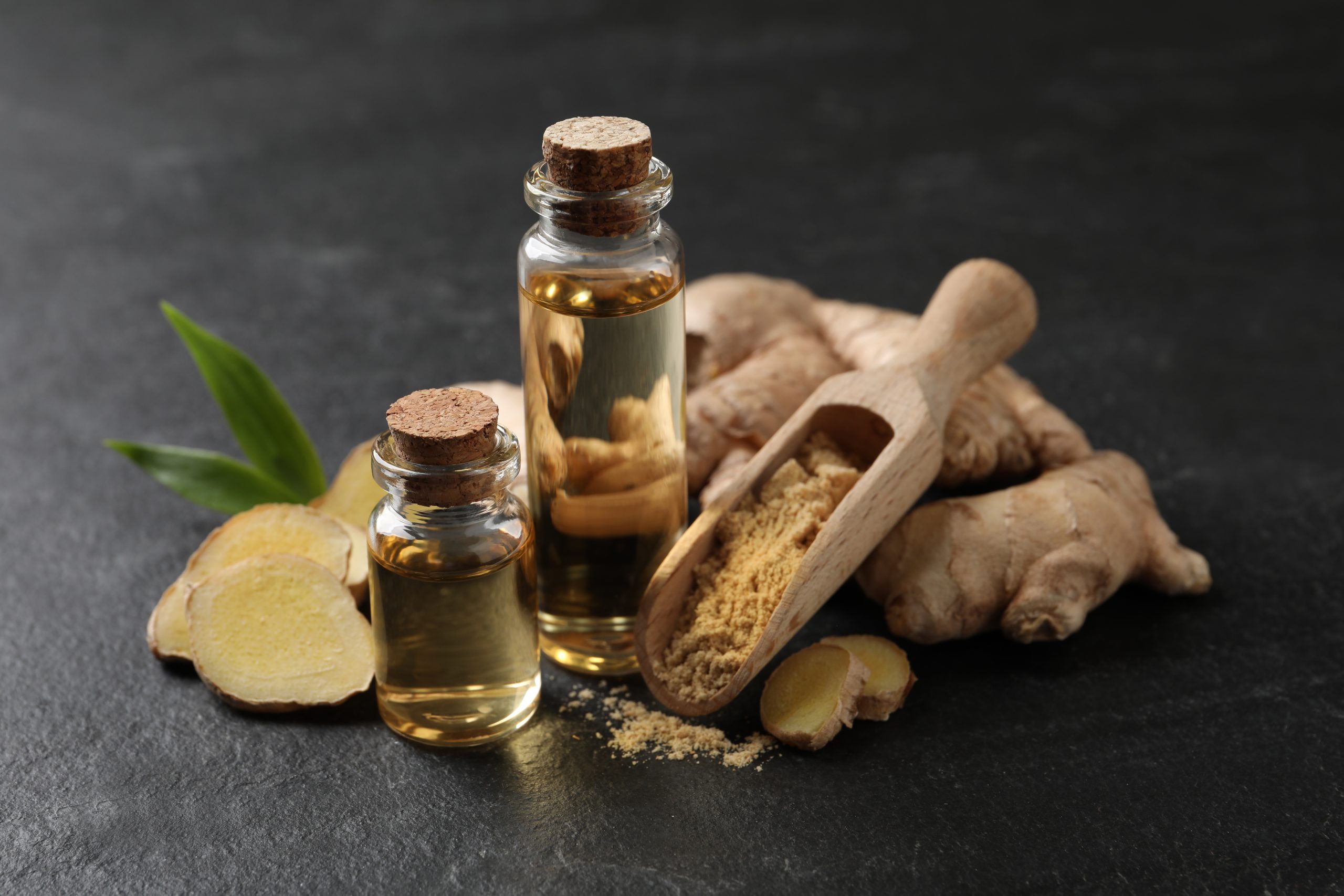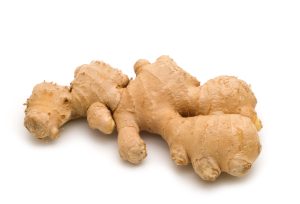8 Health Benefits of Ginger Root

Ginger has been used as both a medicine and a food for thousands of years, dating back to ancient China and India. It’s easy to see why: not only does it have wonderful flavor, but the health benefits of ginger root are numerous, which is probably why it’s become so popular recently in Western cultures. In this article you will learn about the top 8 health benefits of ginger root, including its use as an anti-inflammatory and digestive aid!
 Relieves muscle pain
Relieves muscle pain
If you’re prone to muscle aches and pains, ginger can be helpful addition to your recipes or supplement regimen. Several studies have shown that ginger has anti-inflammatory properties, and can be applied topically or taken internally to reduce pain. It also amazing at helping sore muscles and reducing tension. For best results, apply ginger directly to sore muscles and joints—many people find it most effective when used as a topical heating pad for about 20 minutes. You can also try taking two grams (about 1/4 teaspoon) in capsule form three times a day before meals.
Reduces inflammation
In a 2007 animal study published in Pharmacological Research, ginger has been shown to reduce inflammation by inhibiting prostaglandin and leukotriene synthesis. Other studies have also concluded that ginger can relieve pain due to its anti-inflammatory properties (4). Because inflammation is at the root of most chronic pain and disease, it’s important to eliminate or reduce chronic inflammation to slow down aging and improve your overall health.
Boosts brain power
Many studies suggest that ginger has significant benefits for both brain function and memory. In a small study, Australian researchers found that taking 250 milligrams (mg) of ginger every day improved short-term memory and attention span in older adults with mild cognitive impairment. Another study found that it might even reverse age-related decline in mental function. If you’re struggling to keep your memory as sharp as it once was, try adding some ginger to your diet.
Improves digestion
 Ginger root, specifically red ginger, is a natural digestive aid that helps alleviate symptoms of irritable bowel syndrome (IBS), such as constipation, bloating and cramping. It relaxes your gut muscles to prevent spasms and increase blood flow in your abdomen. A study published in Complementary Therapies in Clinical Practice found that rats treated with ginger had softer stools and reduced inflammation compared to those who didn’t receive ginger treatment. Consuming 2-4 grams of dried ginger also decreases symptoms of dyspepsia (heartburn), like nausea, stomach discomfort and an urge to vomit. While more studies are needed on humans for heartburn relief, you can easily enjoy these health benefits by adding raw or powdered ginger root to tea, water or cereal.
Ginger root, specifically red ginger, is a natural digestive aid that helps alleviate symptoms of irritable bowel syndrome (IBS), such as constipation, bloating and cramping. It relaxes your gut muscles to prevent spasms and increase blood flow in your abdomen. A study published in Complementary Therapies in Clinical Practice found that rats treated with ginger had softer stools and reduced inflammation compared to those who didn’t receive ginger treatment. Consuming 2-4 grams of dried ginger also decreases symptoms of dyspepsia (heartburn), like nausea, stomach discomfort and an urge to vomit. While more studies are needed on humans for heartburn relief, you can easily enjoy these health benefits by adding raw or powdered ginger root to tea, water or cereal.
Helps with nausea/vomiting/diarrhea
If you have a stomach bug, ginger root tea is a great way to settle your stomach. Just add fresh ginger and hot water, or buy some ready-made tea from your local grocery store. You can also consume one teaspoon of fresh ginger with honey for motion sickness. If you’re headed on vacation and plan to indulge in all that touristy food and drink (or just going out with friends), bring along some ginger root tea to be prepared!
Lowers blood pressure
Consuming a bit of ginger may help lower blood pressure. According to a 2011 study published in Phytotherapy Research, consuming 1 gram (about 1/4 teaspoon) of dried ginger for 90 days lowered systolic blood pressure by an average of 4 mm Hg and diastolic blood pressure by an average of 2 mm Hg. In addition, six out of 13 participants in that study exhibited decreased need for antihypertensive medication after only 30 days on ginger supplementation.
Prevents cancer
This spicy root is packed with anti-inflammatory compounds and antioxidants which have been shown to fight cancer cells and tumors. Eating a small piece of ginger everyday can significantly reduce your risk for developing cancer in some parts of your body. According to a study published in 2012 by PubMed, ginger has been used widely as an important herbal medicine throughout history and has been reported to possess therapeutic properties including anti-inflammatory, antioxidant, analgesic, antiemetic and anticancer activities. Another study published in 2014 by Applied Biochemistry & Biotechnology indicates that compounds found in ginger were effective at blocking estrogen from turning into cancer-causing compounds. These same compounds also protect cells from damage that may lead to cancer.
Anti-fungal properties
Studies show that ginger is effective at fighting off candidiasis. Candidiasis, also known as candida, is a fungal infection that can be found in your digestive tract or even your blood stream. It’s often referred to as a yeast infection, though it isn’t always caused by Candida albicans – another type of fungus is often responsible for these infections. If you have symptoms like chronic fatigue, constant hunger and pain while urinating, you might have an infection. In that case, eating ginger could help get rid of symptoms more quickly than some prescription medications!

You must be logged in to post a comment.